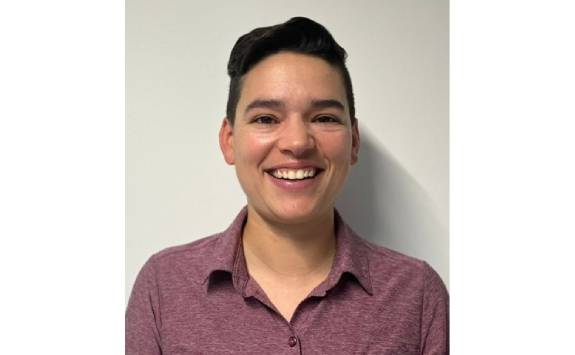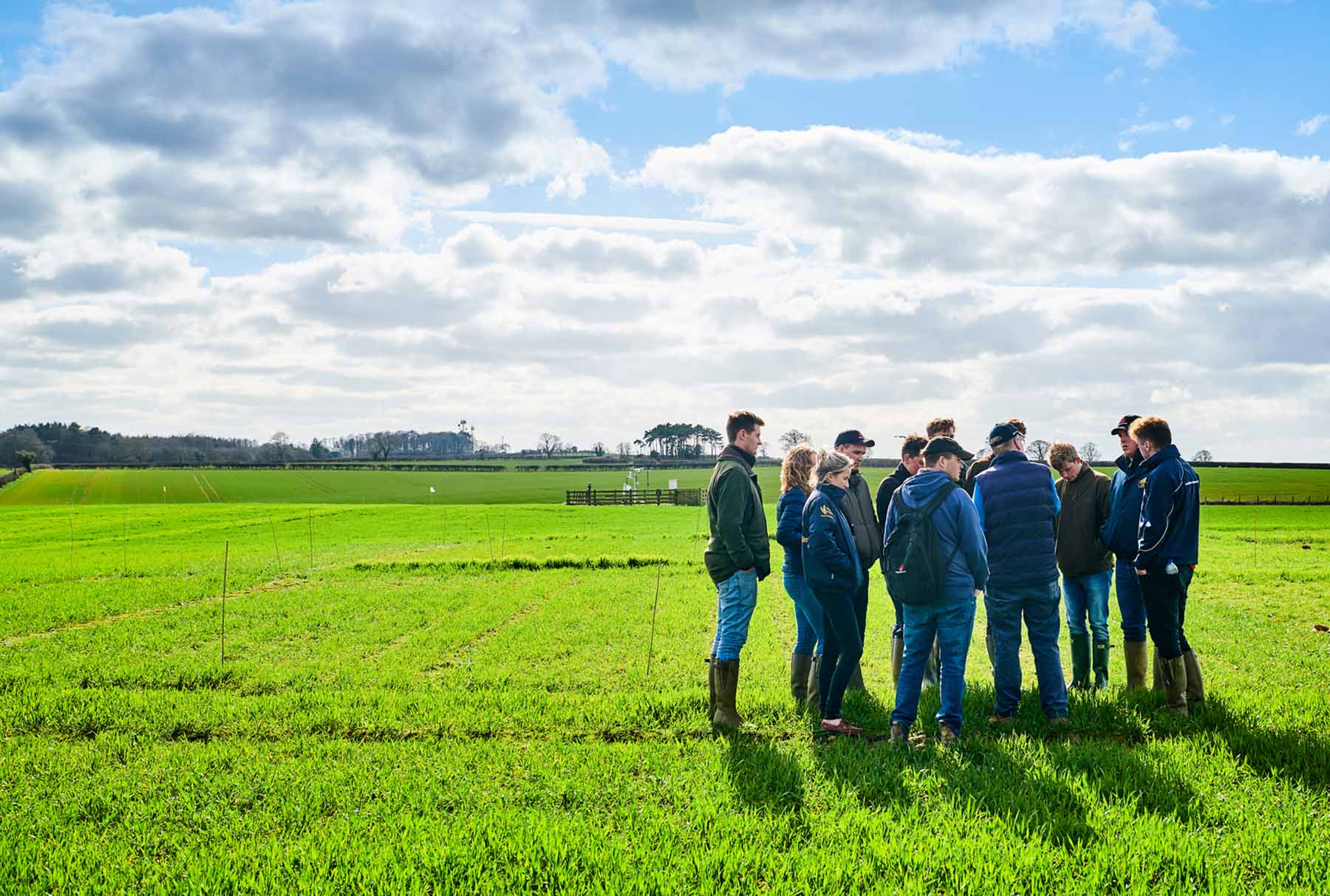Sustainable Futures: Climate Challenges in Rural Settings
Written by Jelaine Gan and Sheena Davis
13 March 2024
In a wrap
- Dr Amelia Magistrali engages rural businesses and communities in climate action and looks to address the unique challenges that they face.
- Establishing green energy solutions can help to build resilience to extreme weather events in rural areas.
- Facilitating effective communication and documenting rural challenges is important for informing evidence-based policy actions.
Climate change is a global challenge with impacts often felt more acutely at a local level. The challenges faced by rural businesses and communities in the context of climate change are unique in comparison to those faced in urban environments, for reasons such as different levels of infrastructure development. Therefore, engaging and collaborating with these rural entities is important for ensuring that climate action is inclusive and addresses the specific challenges faced in rural settings.
At the forefront of this, Dr Amelia Magistrali is a Research Associate with the National Innovation Centre for Rural Enterprise (NICRE) based at Newcastle University. Much of her work involves working with rural businesses and communities. Specifically, she works to strengthen community capacities, deliver sustainable resources through innovative solutions, and support these businesses and communities in their journeys towards achieving net-zero carbon emissions and enhanced resilience.
Collaboration with external organisations
A big part of Amelia’s work involves cultivating collaborative partnerships with rural businesses, local authorities, and rural communities. NICRE has additional centres and collaborators at the Community and Countryside Research Institute (CCRI) at the University of Gloucestershire, the Royal Agricultural University and the Enterprise Research Centre (ERC) at Warwick University. Her main role is outreach and facilitating the communication of information. Often this involves checking in with rural businesses and community organisations and aiding their decision-making around choices related to environmental sustainability. As Amelia pointed out, “many of these businesses are looking for more guidance than what currently exists.” One of these areas of collaboration is working towards implementing green energy solutions, such as setting up solar panels and updating buildings to become more energy efficient. For example, Amelia works with a community interest company called Humshaugh Net Zero, who are looking at solar energy solutions to reduce carbon emissions.
Establishing green energy solutions for lowering carbon footprints often goes hand in hand with building resilience within rural settings. This closely aligns with the CCER’s goals of working to deliver sustainable resources. Amelia explained that through working with different Community Action groups, much of their shift towards developing green energy solutions is driven by the need to build greater resilience. The loss of power resulting from Storm Arwen in 2021 underscored the vulnerabilities of rural areas to extreme weather events and highlighted the importance of resilient infrastructure. As such by implementing solutions such as solar panels, these rural communities will have their own power supply and will be better equipped for extreme weather events in the future.
Bridging the gap between research and policy
Understanding and documenting the challenges faced by rural communities and businesses is important to informing evidence-based decision-making for developing policy actions. Furthermore, effective communication is fundamental to ensuring that policies are relevant to the needs of rural businesses and communities. Amelia’s work very much centres around collating and communicating evidence to inform policy, which she primarily contributes to through her work with NICRE. As Amelia explained, “the main driver for me is definitely making sure what I'm involved in produces something that is usable to communities or businesses or individuals.”
Opportunities for growth as an early career scientist
Amelia's journey at Newcastle University has extended beyond her specific research focus, allowing her to engage with a broader range of university initiatives. Recently, she worked on the Decolonizing the Curriculum project, and it has broadened her social science skills as the direction of the project was more heavily based in social science than what she was used to. As she pointed out, “it’s a little bit of exposure to different methods.” It also provided important insights into the process of policy making and how changes within policy can be achieved. Amelia is part of the Research Associate network for the School of Natural and Environmental Sciences (SNES), a space to discuss issues and obstacles of being a RA and an important forum for sharing learnings and solutions. She is also part several wider university networks such as NU Women and The Rainbow network.
I came to do a master's programme at Newcastle in organic farming and food production systems because I was interested in small scale farming systems. Then I ended up doing a PhD about alternative grain crops, but there was a component that involved doing work on farms with farmers (farmer participatory research). Since my PhD, I specialised in farmer network research. I was a research associate within the SNES where if anything came up that needed some component of talking to farmers, I would get pulled into it. So, before coming into my current role, I was bouncing around on many different projects. One of them was working on a big European project where there were different farming networks in different countries, and I had to work on helping to coordinate that and to get a sense of what farmers actually thought about the research.
I would say as a research associate one of the challenges was feeling, what team am I part of, you do sometimes as an RA feel pretty isolated even if you're working on a big project.

I, especially as the person maybe doing the more social science side of things, would often just kind of be ticking along on my own, checking in with everyone. But it's very different than what it feels with the group I'm in now.
I would also say a challenge throughout that journey is it's so variable what your experience is like depending on who your supervisor or manager is. A lot of that feeling isolated also comes down to who your supervisor is. But I think it can really help if you are part of a team.
What are your predictions for your field in the future?
I have been a part of some scoping work to look at natural capital accounting, which has implications across a lot of different disciplines. There's going to be a lot of opportunities in terms of how big corporations, governments and landowners want to invest in rural areas and it’s going to be really informed by being able to do some accounting of carbon assets and biodiversity. It's going to be a big part of how decisions are made around what do you do with your land. If the government's going to pay you to plant trees and you're a farmer, you might push up against that because you're a farmer. That's part of your identity. But if you are a landowner and you have tenant farmers on your land, maybe you'll decide you don't want to have tenant farmers because you're going to get paid more to plant trees. It's going to have repercussions for all kinds of people in rural communities. It's definitely an area of research and I know that it’s something on the radar of lots of people across SNES.
Please see here to contact Dr Amelia Magistrali
